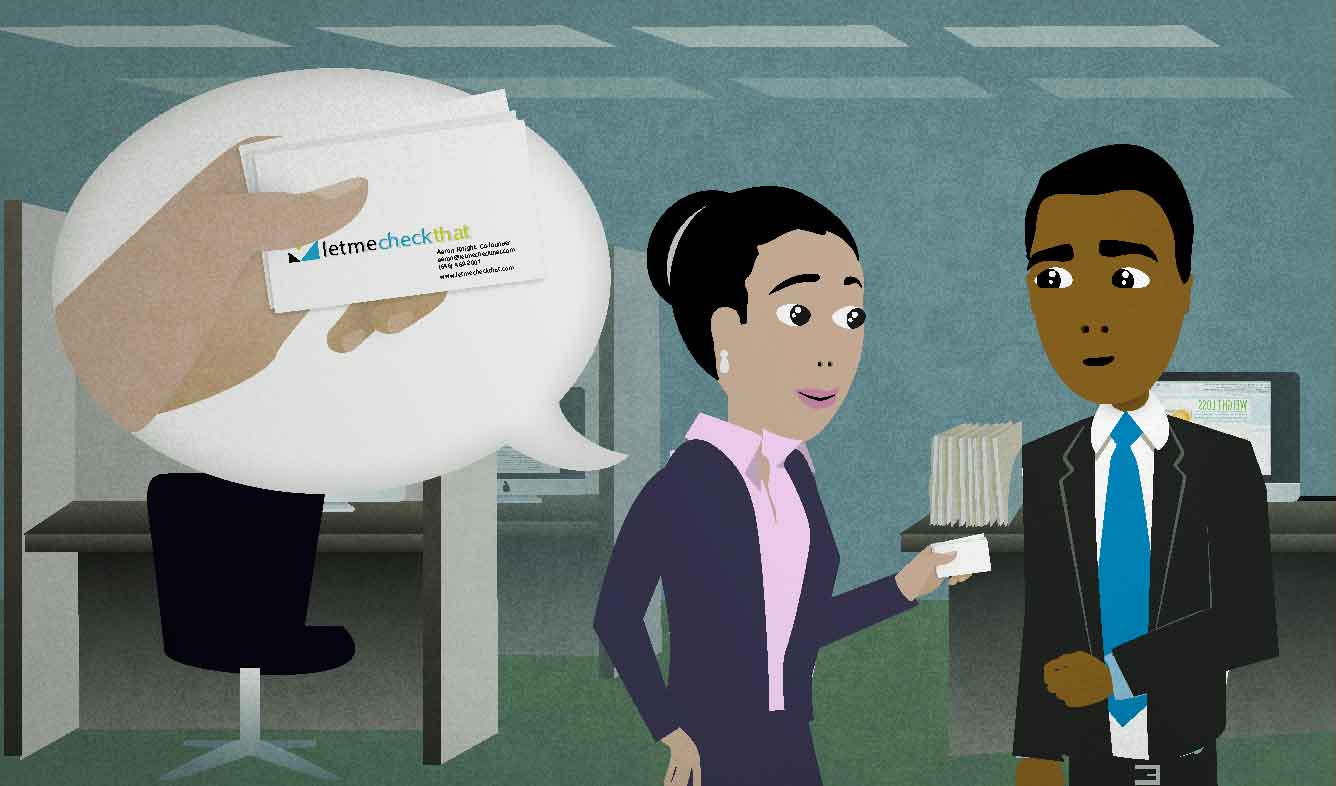“Not exactly, but I did get some promising leads.”
You're a salesperson. You just got back from a conference. Your boss asks if you made any sales. You didn't, but you met several people who you think you might be able to sell to successfully. You say this in response.
Not exactly, but I did get some promising leads.
Want Video and Sound? Follow us on YouTube

Not exactly.
This is one way of saying "no" when someone asks you a question.
"No" sounds very final. "Not exactly" doesn't sound as complete and certain, so you can use it when the answer is 50% yes and 50% no:
A: Do you know how to get there?
B: Not exactly.
(someone) did (do something)
In a normal sentence, you don't include "did" before the verb, like this:
I got some promising leads.
But you put "did" in there when your sentence contrasts with what someone said:
A: Did you make any sales?
B: No, but I did get some promising leads.
Of course, you can see the same pattern with other helping verbs:
I'm not afraid of the dark. I am afraid of wild animals, though.
a promising (something)
In the example above, the speaker got business cards from a few potential customers. She thinks that she might be able to sell to them. She's optimistic about those people becoming customers, so she says that the leads are "promising".
Here are some things that are often called "promising":
Jules had a promising future as a management consultant, but she left it all behind to start her own organic bakery.
He works with promising young athletes to improve their strength, flexibility, and endurance.
Researchers are currently working on a promising new treatment for breast cancer.
leads
In sales, "leads" are names and contact information for people who you might be able to sell something to. These are usually people who have shown some interest in that product or service.
You can use the word "leads" to refer to:
- the information that you have about people
- the people who might be interested in what you're selling.
Leads can be:
- "cold" if the person doesn't expect to hear from you
- "warm" if the person has shown that they want to know more about your product or service
- "promising" if you think there's a good chance of completing the sale
There are also "leads" in other fields. In police or detective work, "leads" are possible clues that can lead to solving a case.
